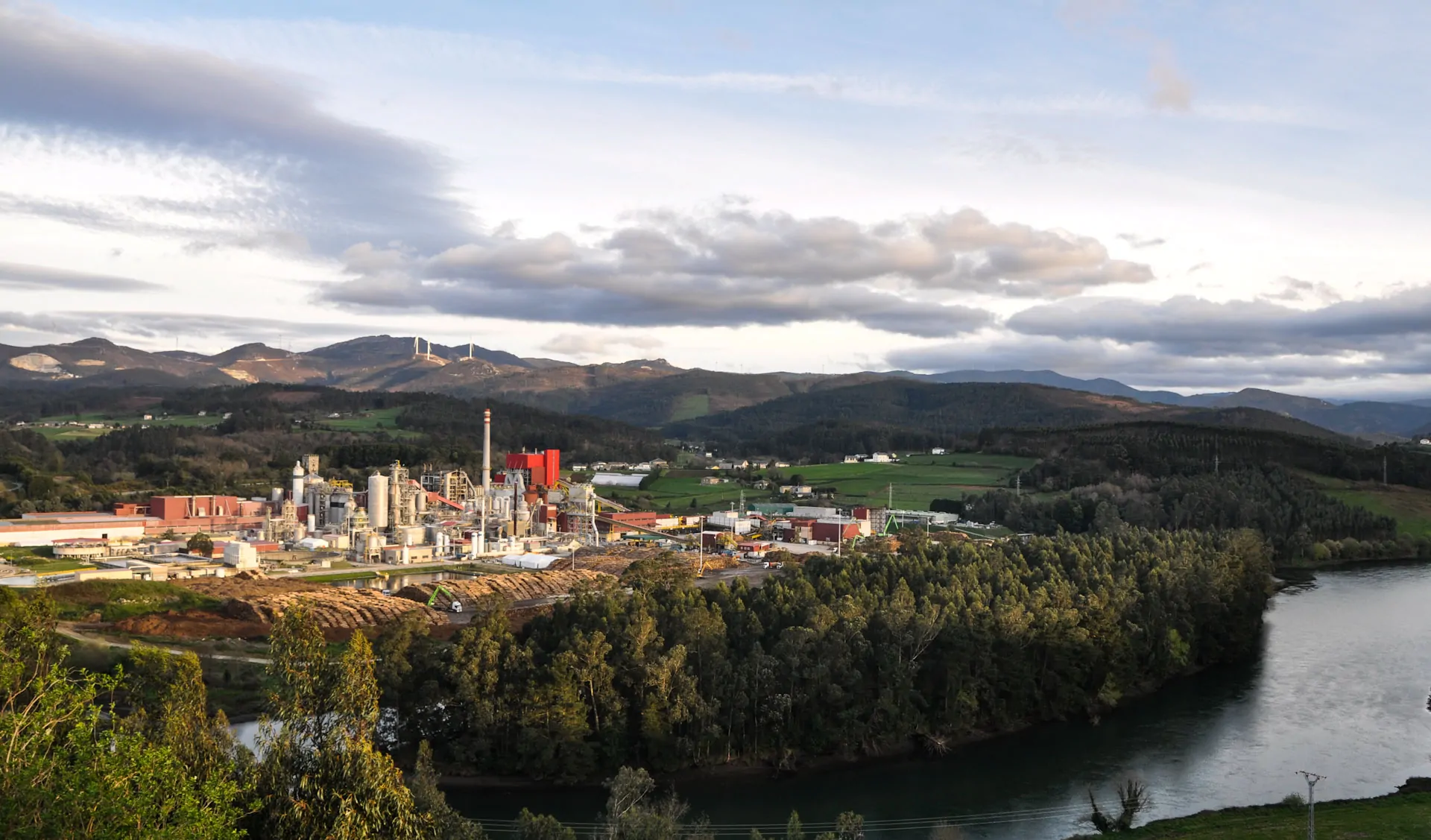Ence’s biofactory in Navia has renewed its AENOR Zero Waste Certification for the fifth consecutive year, reinforcing its status as a benchmark in industrial sustainability. This year, the facility achieved a waste recovery rate close to 98%.
This outcome reaffirms the biorefinery’s dedication to continuous improvement and resource efficiency, solidifying its role as a model of circular economy practices.
AENOR’s Zero Waste seal certifies that the company has an effective waste management system aligned with the principles of the circular economy. This recognition confirms compliance with the European waste treatment hierarchy, which prioritizes prevention, reuse, recycling, and recovery, leaving disposal as a last resort. It also certifies the organization’s active commitment to environmental sustainability.
R&D initiative
One of the standout projects in this area is the recovery of lime sludge—a byproduct of the biorefinery’s causticizing process—as a raw material in cement manufacturing. This R&D initiative has optimized the treatment of this material and enabled its reuse in another process, thereby enhancing both the sustainability and competitiveness of the facility.
Beyond the Zero Waste certification, the Navia biorefinery holds a robust portfolio of certifications, including EMAS (environmental performance), ISO 14001 (environmental management system), ISO 9001 (quality), and ISO 50001 (energy efficiency). Additionally, the cellulose produced in Navia carries the EU Ecolabel and the Nordic Swan eco-label, while the biomass used for renewable energy generation is certified under the SURE scheme, ensuring its sustainability.
These recognitions position Ence’s Navia biorefinery as a leader in the European industry—not only for its production capacity but also for its performance in sustainability, innovation, and environmental excellence.

